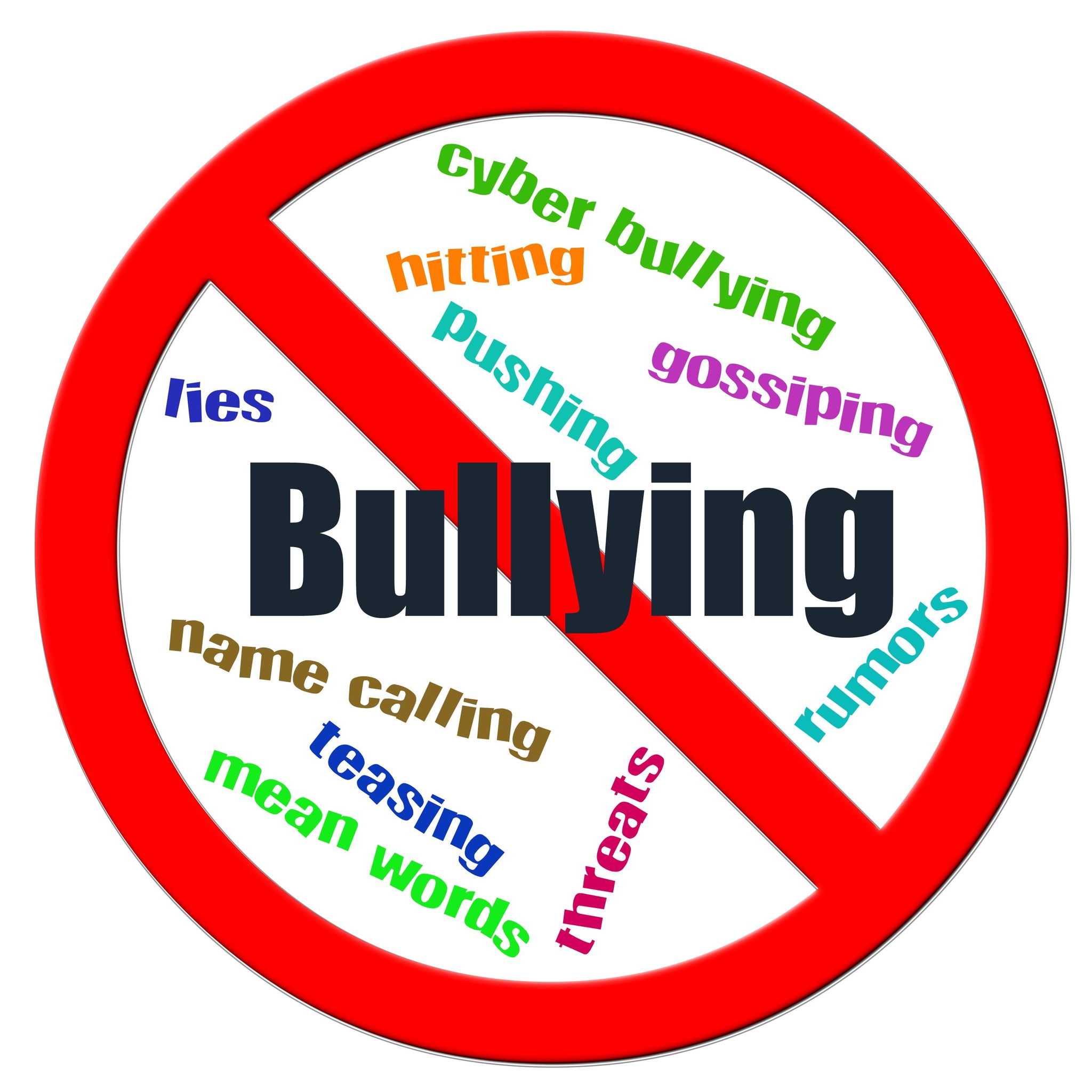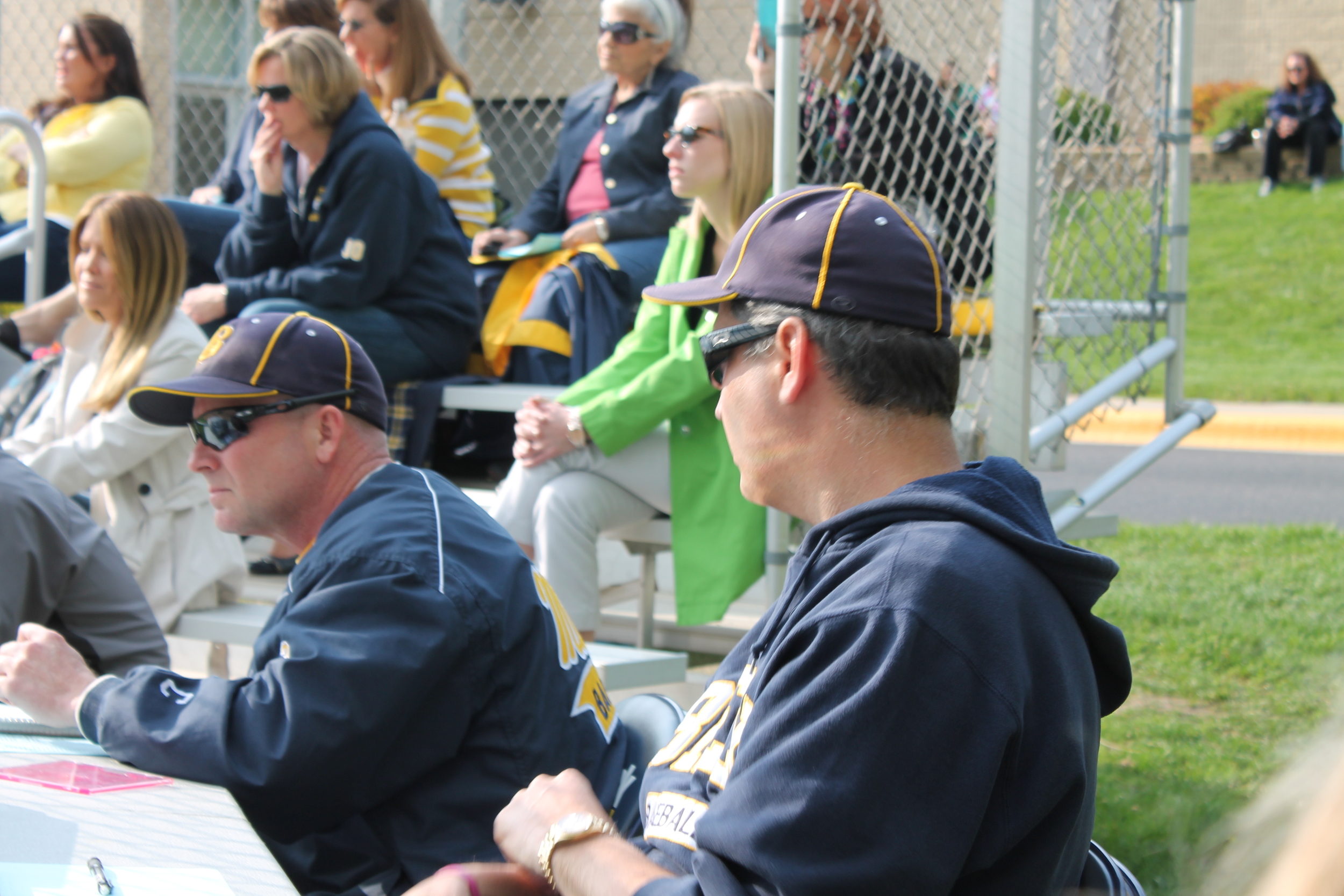 There is no getting around it, even though you may try to shield them from it, and find ways for them to avoid it, your kids will at some point have to face the dreaded agony of failure. For most moms, myself included, whether we admit it or not, when we see our children experiencing failure or disappointment, it feels like the sky is crashing down on both them and us. And sometimes, probably more often than not, we feel the pain even deeper than our children do. In most cases, our children bounce back from their disappointments relatively quickly, and yet we often stay stuck in them for way longer than we know is necessary or appropriate. Furthermore, many well-intentioned mothers, in an effort to try to “spare” their children from having to deal with failure, will go to borderline crazy lengths to assure that their child’s “fall from grace” will be cushioned or avoided all together.
There is no getting around it, even though you may try to shield them from it, and find ways for them to avoid it, your kids will at some point have to face the dreaded agony of failure. For most moms, myself included, whether we admit it or not, when we see our children experiencing failure or disappointment, it feels like the sky is crashing down on both them and us. And sometimes, probably more often than not, we feel the pain even deeper than our children do. In most cases, our children bounce back from their disappointments relatively quickly, and yet we often stay stuck in them for way longer than we know is necessary or appropriate. Furthermore, many well-intentioned mothers, in an effort to try to “spare” their children from having to deal with failure, will go to borderline crazy lengths to assure that their child’s “fall from grace” will be cushioned or avoided all together.
Question to ponder:
What does it feel like to witness your child experience failure?
And even deeper:
Do you feel that your child’s failure a reflection on you as a mother?
Lately I have heard so many moms talk about their successes or failures of their children in a way that it is difficult to decipher who’s is who’s. I recently texted a friend to see how she was doing and she responded that her daughter made the varsity soccer team and her son had lost his tennis match. I wanted to respond, "But wait, I really wanted to know how YOU are doing!" Can we, as mothers, separate our identities from our children’s?
Before I go any further, I have to write a disclaimer: Anyone who knows me knows that I am as guilty as the next mom of allowing my entire being to be directly and significantly affected by what is happening (or not happening) in my children’s lives. I ride the crazy train with my kids and have a first class seat on that well know parenting helicopter that so many of us ride. I obsess about whether they will make a sports team, do well on their tests at school, be asked to a dance or be admitted to their college of choice. Having said that, I am actually working on this issue within myself right now, so I have become hyper-aware of my own hovering and somewhat controlling nature, as well as that of so many of the lovely moms in my life.
As I dissect this issue of mothers being somewhat unhealthily enmeshed in their children’s lives, I start with a seemingly simple, yet extremely complicated question: Why? Sometimes when my husband has reached his limit on listening to me go over and over and over my worries and concerns about a kid-related issue, he will just stop me dead in my tracks and say, “Why do you care so much? Maybe it would be good if you try to focus on something that you can control, or go do something for yourself instead of obsessing about an outcome over which you have ZERO control. You gotta stop worrying about the kids’ stuff. It’s theirs, not yours.”
Although there is a little sting to his directive, I know deep down that he is right (darn it!). He is encouraging me to give myself permission to let go. To trust that the chips will fall where they may for our four kids, and most importantly to trust that they will be ok, wherever their chips fall. And if their chips fall the “wrong” way, and they feel sad and defeated, then my husband and I will be there to love and support them, and to help them regain their footing so they can put their chips back on the table.
We moms have such a tough time with the letting go piece. From the moment we hold them in our arms as newborns, we are programmed to “make it all better” for our kids. We make it our life’s work to make life good and safe and happy for them. But thankfully, Wendy Mogel (Blessings of a Skinned Knee and Blessings of a B-) comes along and beautifully teaches us how kids must fail in order to grow. She explains that we are doing our children and ourselves a major disservice by not allowing them to experience failures and disappointments. When mothers don’t set clear boundaries with their children, and take on too much of their children’s “stuff,” they run the risk their children developing this line of thinking:
“I don’t really have to care, or feel anything about whether or not I make the team, make a bad decision, or get an A or a D on my test because my mom is taking it all on. Therefore, I am not even really accountable for my actions or inactions, because mom’s got me covered.”
Some moms, (myself included, on a few occasions), will actually not only take on their children’s successes or failures emotionally but will go a step further. They will intervene. They will call a coach, a teacher or an admissions director and threaten, question, manipulate, and even beg or bribe the person in the decision-making position to give their child what she “ABSOLUTELY DESERVES!!!” Okay, this is probably a good time for mom to step back, be very honest with herself, and figure out whether this is about her or about her child. This type of behavior sends an even scarier and potentially hazardous message to her child, which could sound like:
“You are not capable of accomplishing your goal/s on your own and therefore you need me to step in and take care of it for you.”
This deprives your child of learning the invaluable, character-building lessons that one learns from failing or falling short of a goal, with resiliency at the top of the list. It also could lead your child to feel that:
- “My mom does not believe in me enough to let me figure things out for myself. I must be inadequate.”
- “My mom cares more about whether I make the team or get the grade she expects me to get than she does about me as a person. She doesn’t love me for who I am, she loves me for what I do. Therefore if I come up short of her expectations, she won’t love me.”
Confession: My daughter got a B- on a paper her senior year. She is a fantastic writer and that was not a typical grade for her on any type of writing assignment. I am friendly with her teacher and when I saw him at her school one day, I said casually, “Hey, why did you give Sophie a B- on her last paper?” He stopped, looked at me straight in the eyes and said in a very serious tone, “Because I knew it was not her best work. She knows she can talk to me about it if she would like.”
Yikes! I cannot even begin to explain the scolding I received from my daughter when I crawled out of my shame hole a few days later and told her about it. “Mom! I wasn’t really bothered by it. It wasn’t my best work. I can’t believe you did that! Why would you do that?!”
With helicopter parents attending job interviews with their children http://huff.to/18cx1PG and micromanaging their every move, it is hard not to get sucked into thinking that being overly involved in your children’s lives is a way of showing your children that you care. It’s difficult to draw the line and know when it’s ok to advocate for your child, and when you need to bite your tongue and/or detach yourself from their “stuff.”
Next time you want to step in and try to prevent your child from failing or facing disappointment, take a moment to sort out your own feelings, and ask yourself:
What am I afraid of?


 When your happy, well-adjusted 5th grader sends you a text messages from school saying, “Please come and get me. Everyone hates me. My life is ruined,” you know there is a problem.
When your happy, well-adjusted 5th grader sends you a text messages from school saying, “Please come and get me. Everyone hates me. My life is ruined,” you know there is a problem.



